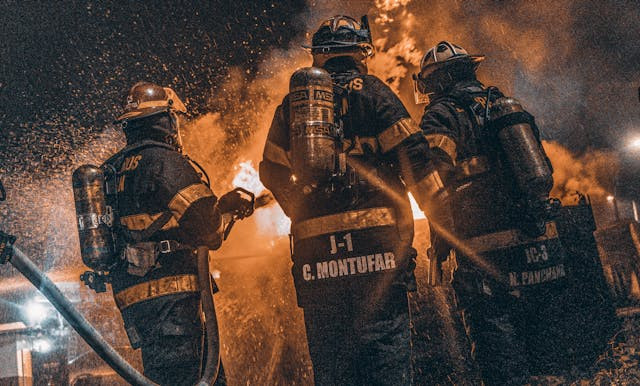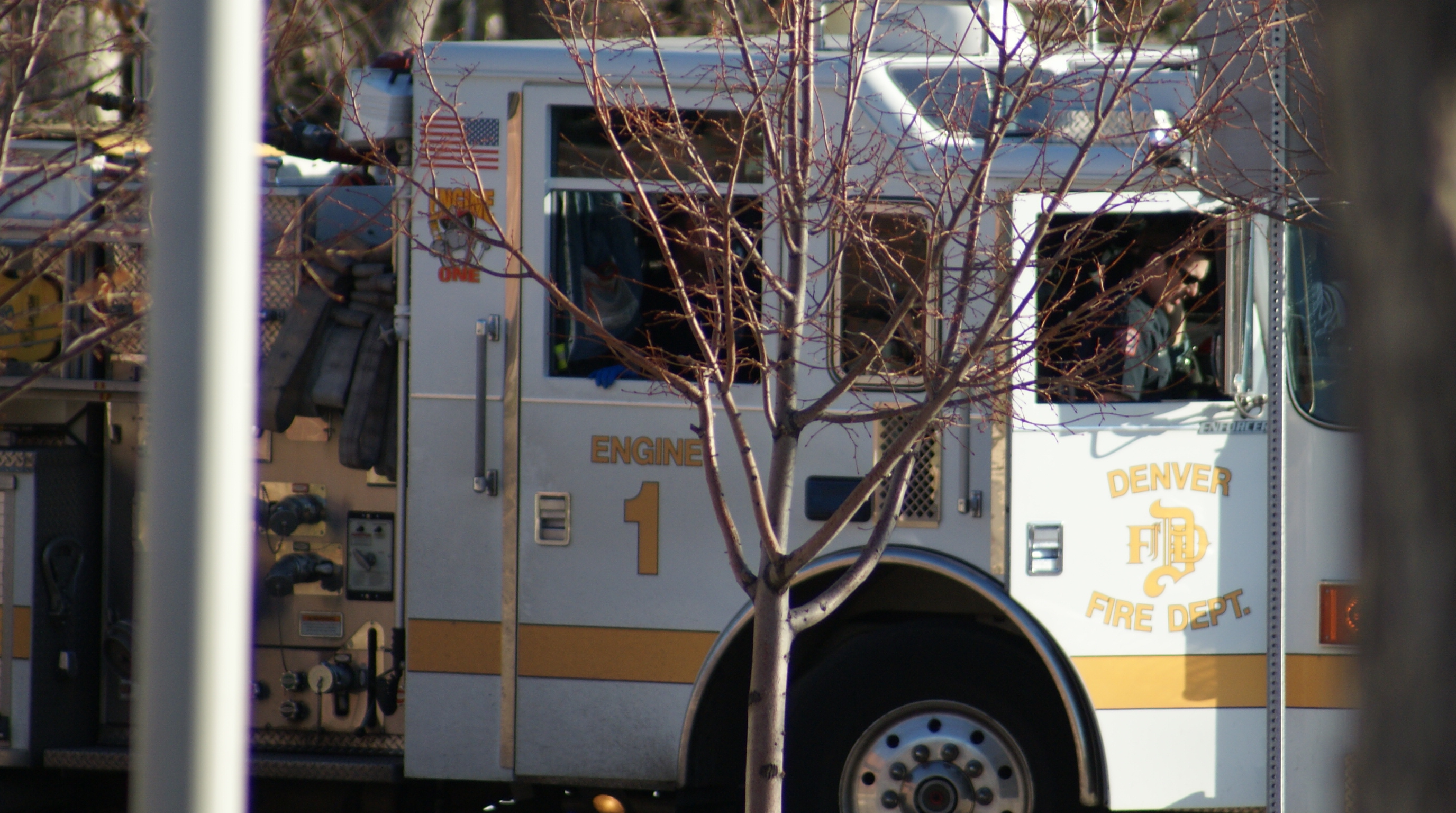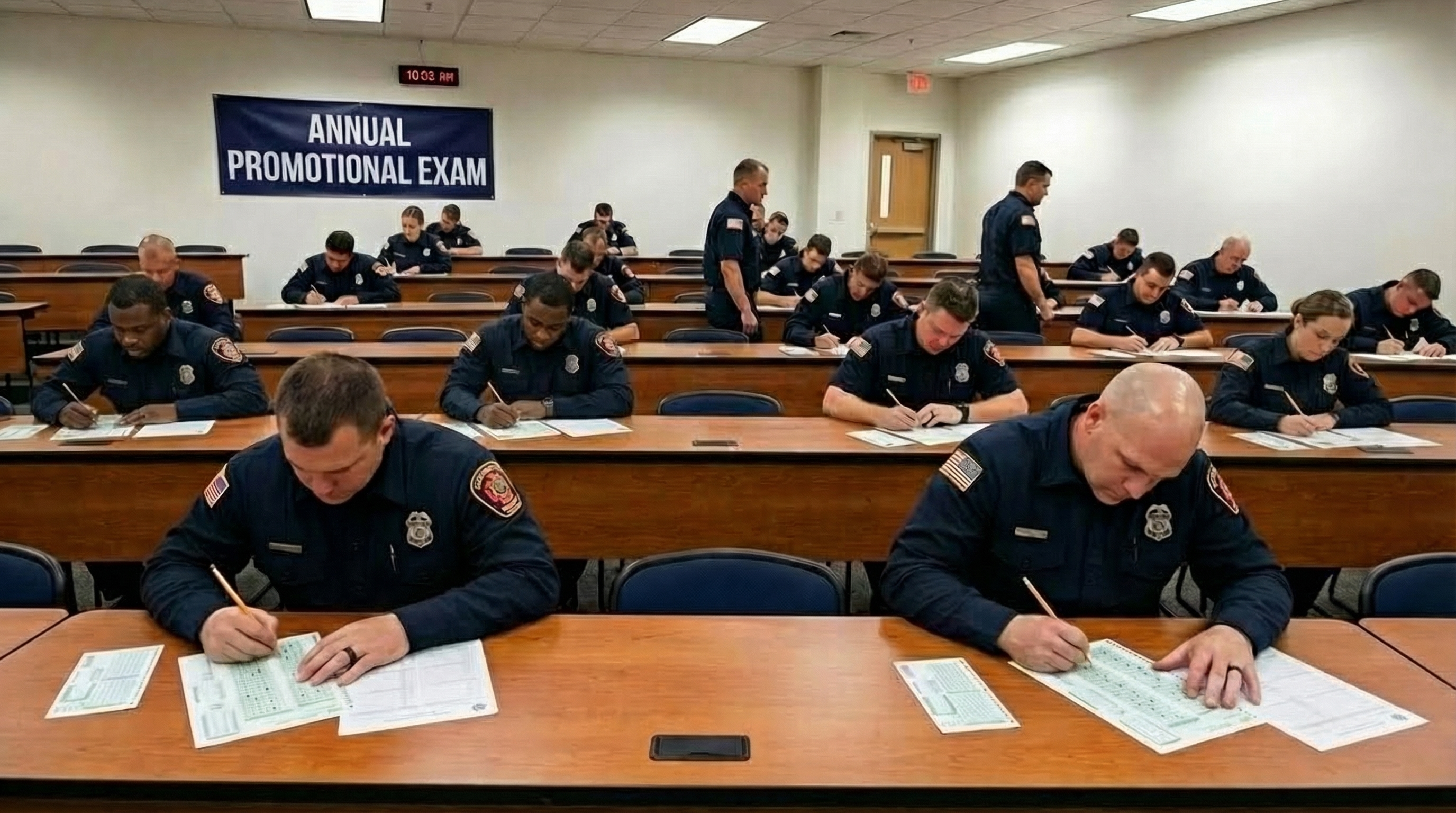There are many leadership qualities firefighters must embody to be successful leaders after completing firefighter promotion, one of those qualities is cultural competence. Cultural competence is a crucial part of the job that can oftentimes be overlooked in emergency situations, but can be learned like any other skill.
Cultural Competence Explained
Cultural competence is defined as, “Cultural competence is the ability of an individual to understand and respect values, attitudes, beliefs, and mores that differ across cultures, and to consider and respond appropriately to these differences…” Basically, one's ability to interact with people of differing cultures in a way that respects them and their beliefs even if they are different from your own.
How to Be Culturally Competent
-
Understand Your Own Culture & Biases
The first step to cultural competence is self-reflection. Understand your own values and beliefs and maybe some of your own biases that exist about others, whether conscious or subconscious. Reflect on those thoughts and opinions and how they may have been affecting your interactions on and off of the job. Use this self reflection as a kick off to becoming more culturally competent.
-
Avoid Stereotypes
Similar to understanding your own cultural biases, a person wanting to be culturally competent needs to avoid known stereotypes about other cultures. Stereotypes exist about each and every culture on this earth, and they are hard to avoid. Whether they are taught to you by parents or people you grew up with, shown on the TV screen, or through social media, they are prevalent. It is your job as a new leader to challenge these stereotypes so you can help your community to the best of your ability.
-
Understand & Learn About Other Cultures
Being open minded is the key to cultural competence. Be willing to put yourself out there and learn about other cultures and other people's experiences. As a firefighter you likely have been in contact with a variety of people. Take the time to learn about their culture through speaking with them and doing your own research. An openness to learn is a great olive branch for others to want to teach and help.
-
Be Respectful
A lot of people come across as disrespectful to other cultures because they simply don’t understand them and make no attempt to. As a leader in the fire service it is your job to be respectful of everyone you encounter. Recognize that a difference exists and bridge that gap by empathizing and taking the time with people of other cultures the same way you would anyone else. It may even take more time if there is a language barrier or other obstacle, but to be culturally competent is to be respectful.
The Importance of Cultural Competence
-
Emergency Response
As a firefighter you do not get to choose who you help. When an emergency presents itself and you go on calls you will encounter people of different cultural backgrounds from yourself. If you go in with pre existing prejudices about people who are different from you, the care you give that person will be affected, even if it is just subconsciously. However, if you go in with cultural competence and understanding cultural differences, putting biases and prejudices aside, the person will be easier to care for because there will be a higher level of trust there, resulting in care that will be easier to administer, and better communication. Respect in all situations makes everyone more at ease, making your job much easier.
-
Community
As you move up the ranks in the fire service, the more community type events you will be expected to go to and engage at. Community means diversity. Embodying cultural competence will allow for more effective engagement with community members, and as stated above, the ability to build trust by understanding everyone and their individual needs. There is so much trust that needs to be present between community members and fire service members in times of crisis. So being able to build that trust, through cultural competence, within your community before the crisis can be beneficial.
-
A BIg Picture Leader
You will not only encounter people of different cultures in the field. Everyone has different beliefs and lifestyles including your co-workers, above and below you on the totem pole. Embodying cultural competence will not only make you a better leader to your community, but also to those you lead. It will help you better understand your subordinates of different cultures, giving everyone on your team a better job experience. In addition, cultural competence will allow you to curate a diverse group of employees that you otherwise would not have been able to if biases were present. You will be more likely to hire the best person for the job, not just the person that looks like you. It has been proven that hiring personnel have a tendency to hire people that look and act like them, with similar hobbies and so on subconsciously. A person who is culturally competent will be less likely to fall back on this subconscious bias, creating a more diverse team. A more diverse team means a more culturally competent team to bring to the community you work in. The people you encounter on the job will have more representation, and more trust can be built. For example if a little girl is in a car crash and sees a female firefighter, she may trust her more than the male firefighters. Cultural competence is what makes a leader someone who looks at the big picture, what the community needs to feel safe and build trust.
The Takeaway
Cultural competence may seem like a buzzword, but it is so important that firefighters, especially ones who want to be ranking officers, understand and embody cultural competence if they want to be successful leaders. Understanding those around you and respecting everyone’s differences makes for a leader people want to work for and a leader community members can trust.



